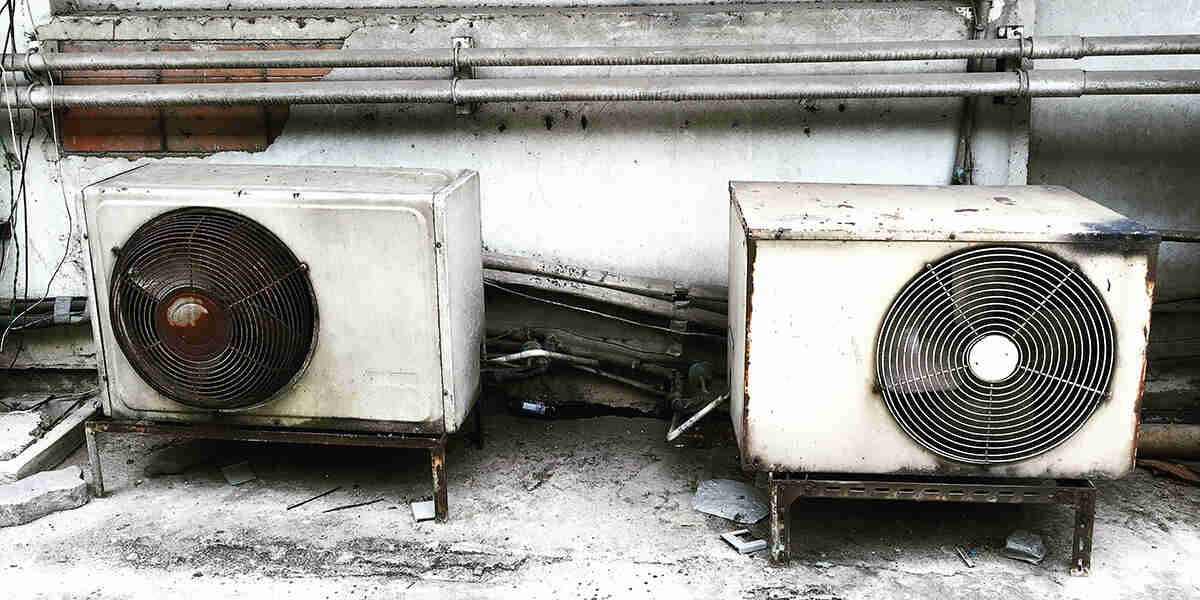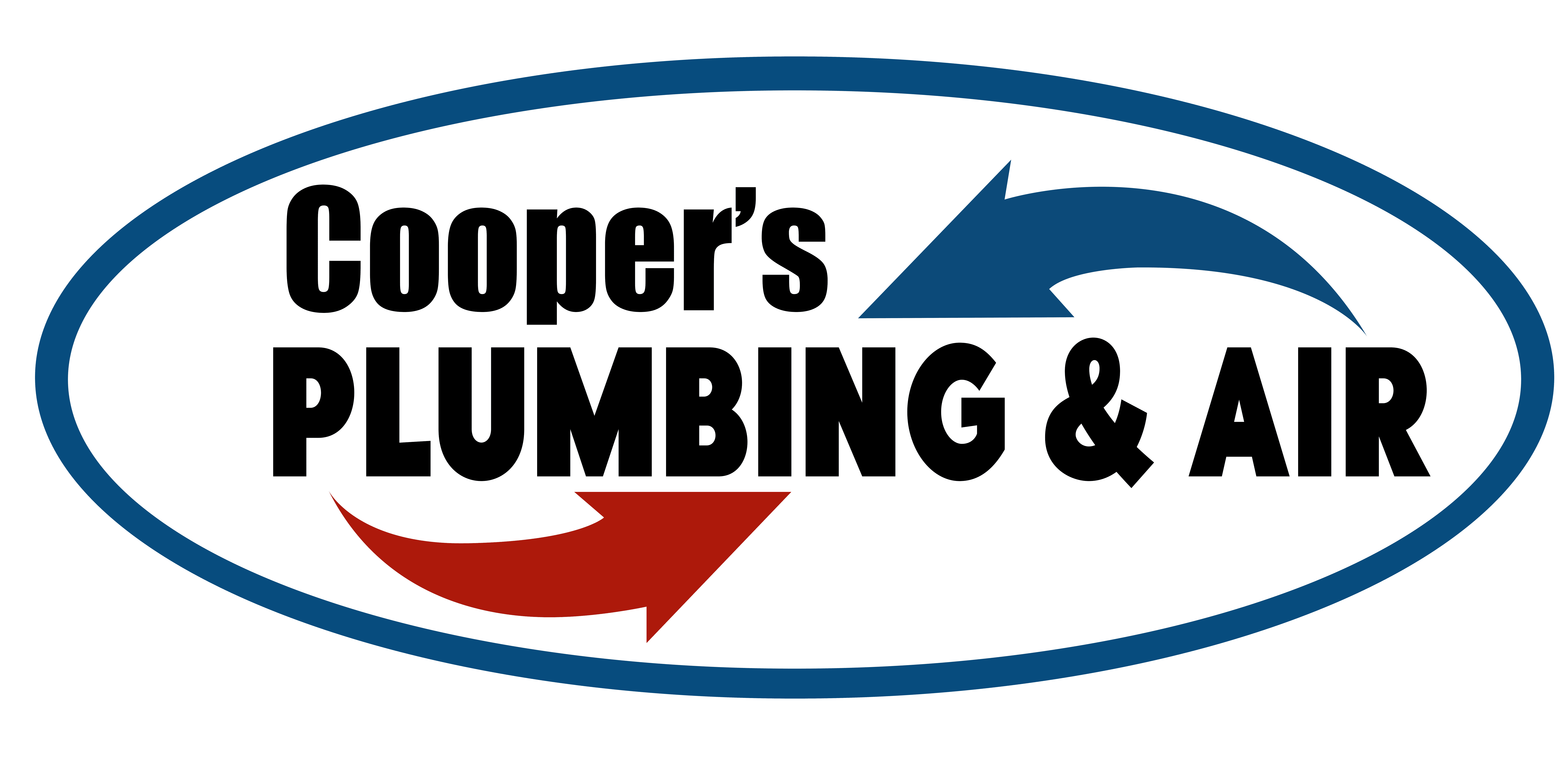
Safety is the number one priority for many homeowners, so they look for various ways to prevent possible threats to their property. For example, can an air conditioner explode, and what might trigger such a thing?
Cooper’s Plumbing & Air has provided top-quality AC repair services in Bainbridge, GA, since 1997. Our contractors have seen just about everything, and whatever they haven’t seen, they’ve studied extensively. Here’s what you need to know about your system’s potential for an AC explosion.
How At-Risk Is Your AC?
An AC explosion doesn’t happen often, so you generally don’t need to worry about it, especially if you get consistent AC maintenance. When an explosion does happen, the cause usually builds up over an extended period, which any expert contractor would notice while servicing your AC unit.
Although rare, we understand being concerned about the potential of an explosion. Air conditioners contain many mechanical parts and electricity and handle air and refrigerant at varying pressures.
Almost all AC explosions involve a rapid air pressure change, causing internal parts to buckle or burst. The metal, bolts, and other components inside the air conditioner can become potentially deadly shrapnel with enough outward force.
Common Causes for an AC Explosion
The explosion is the effect, but what is the cause? Usually, when an AC explosion occurs, the homeowner has left one of the following issues unaddressed for too long.
1. Poor Installation
An air conditioner can be too large or small for a property, and either size difference can cause the unit to overwork itself. Small ACs may run constantly as they struggle to produce enough cold air to cool the house. Larger ones may short-cycle because they cool rooms too quickly without being able to maintain the desired temperature.
In addition to size discrepancies, even an AC well suited for the property can fail to work well because of poor installation. If the electrical wiring or internal components have faults from installation errors, the issue can cause air pressure problems, leading to an explosion.
Consider hiring a contractor or company with a proven track record of high-quality AC installations to reduce the risks.
2. Overuse and Misuse
Air conditioners generally should not be on at all hours of the day. Even if you have it set to “fan,” it should go through a cycle every few minutes.
Air conditioners usually have a running cycle of about 15 minutes, treating the air through the AC compressor. Then, they have a rest cycle of about 20 minutes to allow the AC components to rest and not overheat. While the length of time for each cycle can differ depending on the unit’s make and model, no cycle should run for less than five to 10 minutes.
Straining any part of the AC, including the AC compressor, can cause hazardous overheating and pressure issues.
3. Poor Maintenance
Can an air conditioner explode even if everything seems fine? That depends on what “fine” truly means.
Proper air conditioning units need maintenance and cleaning at least once a year, but other parts of the system need care more frequently. For example, you need to replace the air filters in your unit every 90 days and clean your vents and ducts just as often. A qualified AC technician can complete full-service maintenance, cleaning, and repairs as needed, but remember to call annually.
You cannot identify potential refrigerant leaks, dirty condenser coil issues, or faulty wiring without professional eyes on your AC system. You may also have parts that have loosened after movement from the usual AC functions.
4. Improper Refrigerant Levels
Air conditioners work by exchanging heat from the air in your property to the air going outside while cooling incoming air. This process is made possible in most systems by refrigerant. While useful, this substance is also highly toxic and potentially flammable in industrial HVAC systems.
Improper refrigerant levels in any AC system may be due to:
- A leak: Refrigerant leaks mean the chemical cannot circulate properly, often contributing to overheating.
- Poor maintenance: Your yearly AC maintenance provider should check your refrigerant levels and ensure you have enough. While refrigerant is a stable compound and does not degrade, it can become less effective from moisture or air exposure. Only licensed and trained HVAC technicians have the legal authority and know the safety protocol for replacing and recharging your refrigerant lines.
- Excessive system pressure: A pressure imbalance in your unit can reduce the efficacy of your refrigerant, causing the system to overwork and overheat. Attempting to handle the AC in this pressurized state can lead to an explosion.
What To Do If You Suspect AC Issues
We assume there’s a reason you’ve decided to look up “can an air conditioner explode” beyond general curiosity. You may have noticed a combination of several signs, such as:
- Short-cycling
- Hissing sounds
- Poor-quality cooling
- Loud, clattering noises
- Dusty or smokey smells
- Smoke coming from the unit
- Liquid pooling around the unit
If you notice any of those issues, call a trustworthy HVAC professional to diagnose and resolve your AC issues. The problem could be as simple as cleaning off the condenser coil, but don’t underestimate the potential for AC care. Be especially cautious if your air conditioner has gone over a year without maintenance.
You may want to turn off your AC and call for immediate attention to get a same-day resolution. Shutting down the unit could help the system cool down enough to buy yourself and your technician enough time to mitigate a crisis.
Call Cooper’s for Quality HVAC Care
Cooper’s Plumbing & Air helps home and business owners in and around Bainbridge, GA, keep their properties cool and safe. Rely on our team of licensed and insured experts if you notice stuffy air, loud unit noises, or uneven temperatures in your home.
Can an air conditioner explode and harm your friends, family, or visitors? Not on our watch. Call Cooper’s Plumbing & Air at 866-464-7132 or visit our contact page to schedule an emergency visit today.
